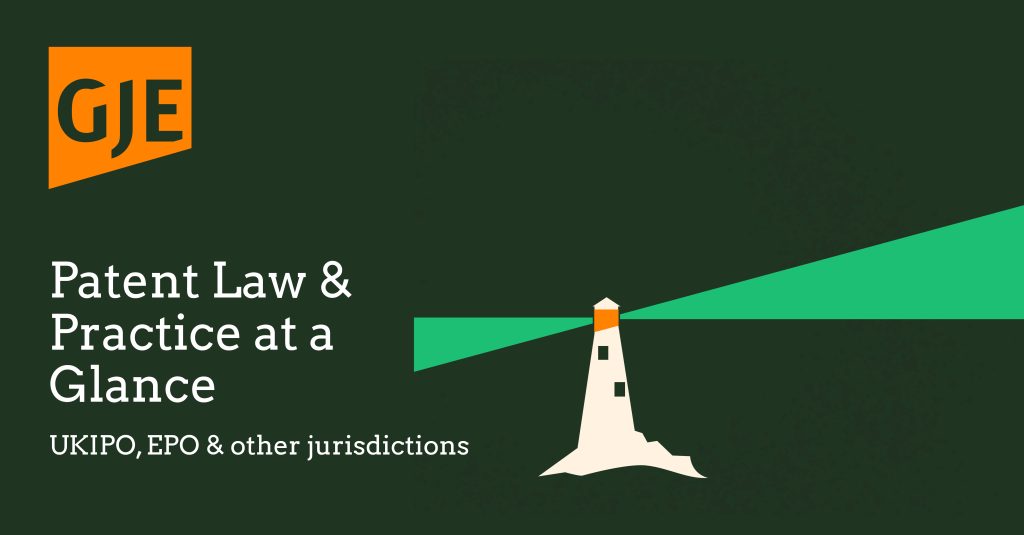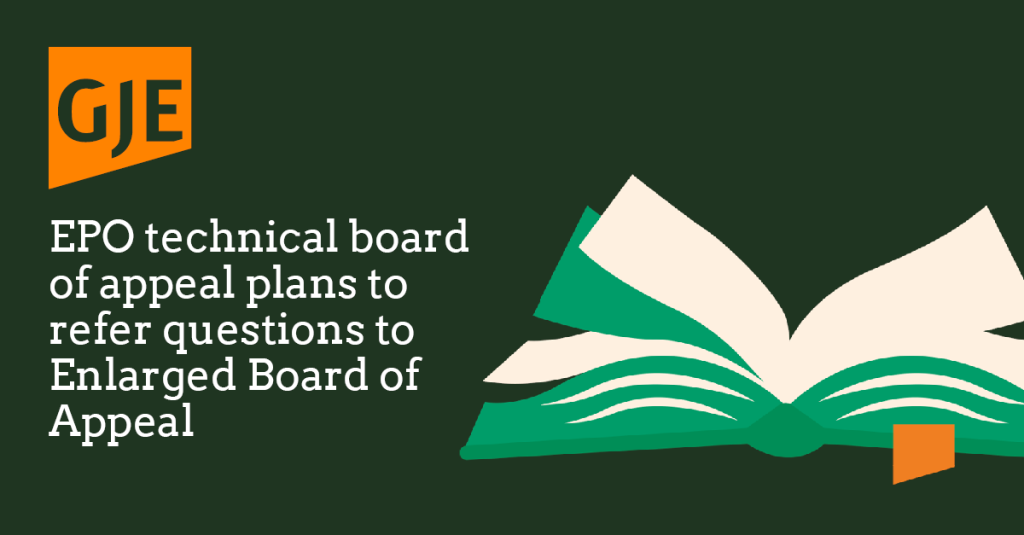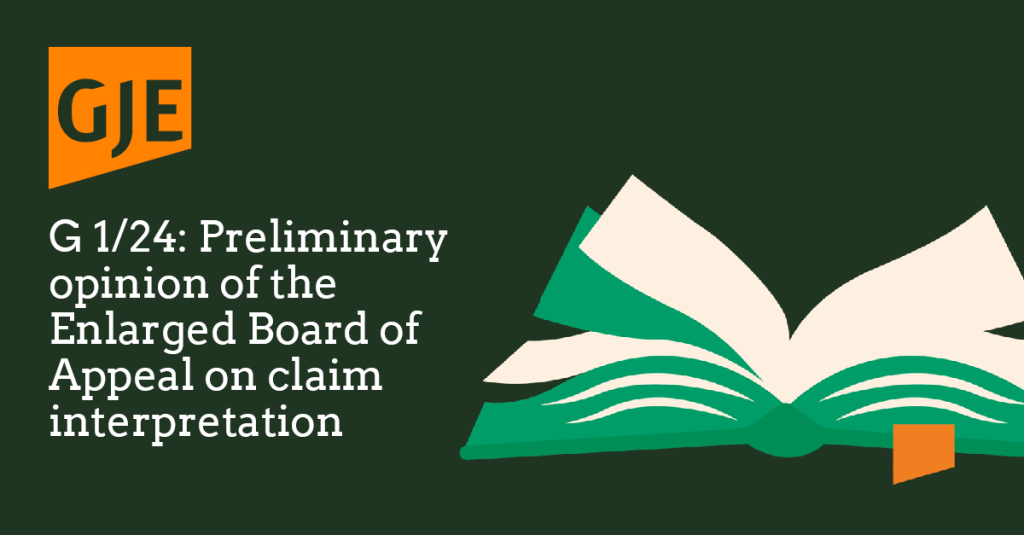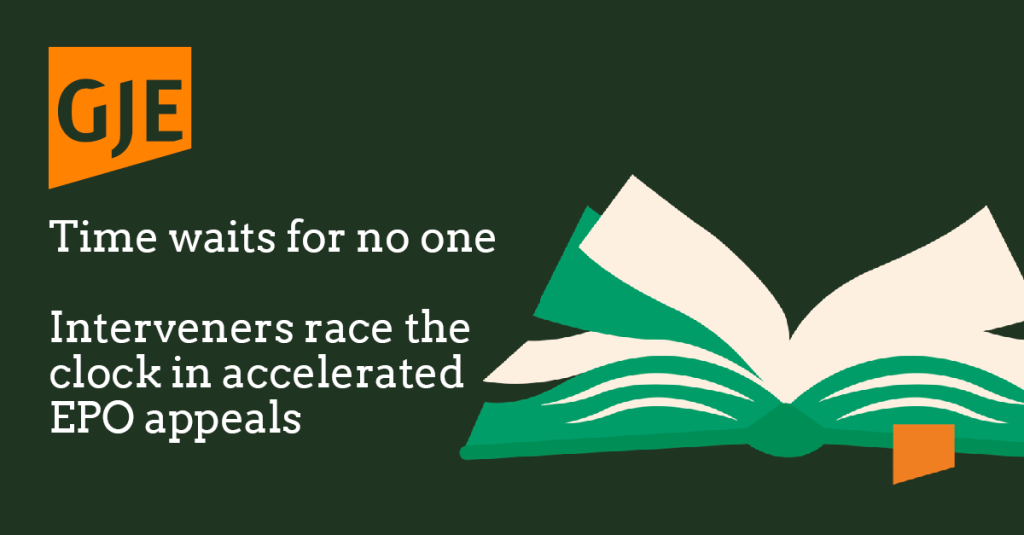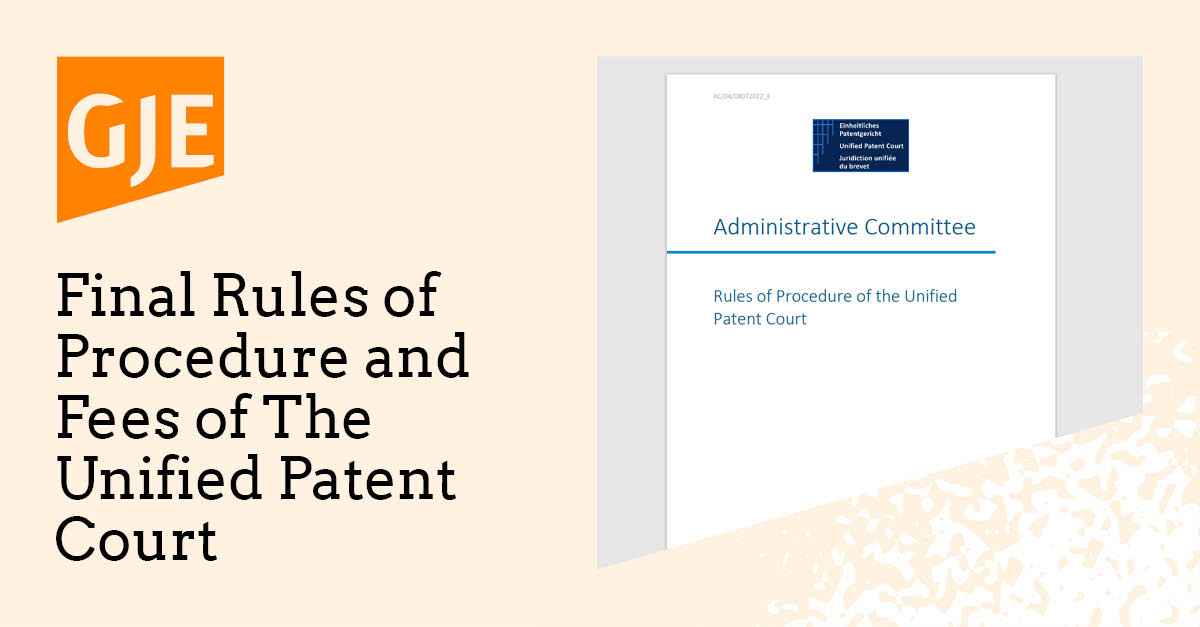
Europe’s new Unitary Patent (UP) and Unified Patent Court (UPC) are coming. In the majority of EU countries, the UP will offer innovative companies and individuals the ability to protect their inventions through a single patent right as an alternative to the current system of patent rights enforceable on a country-by-country basis. The UP is complimented by the UPC, which will provide a centralised venue and process for patent infringement and validity actions across the EU whether the choice is to pursue UPs, patents that continue to be obtained using the current European system, or a mix of both. This will be one of the biggest changes to European IP rights in decades and, although a firm date has not been set, it is expected to come into effect in early 2023.
Since 2009, the UPC has produced 18 drafts of its Rules of Procedure, which are intended to set out how UPC law, set by the Agreement on the UPC (UPCA), is to be implemented. While it has long been felt that the 18th draft of the Rules of Procedure still had issues to be resolved, it has recently been announced that an updated and final version of the Rules of Procedure along with a final Table of Fees have been agreed, and both will enter into force on 1 September 2022.
This agreement on final versions of the Rules of Procedure and Fees demonstrates the progress that is being made behind the scenes preparing for the UPC. Change will arrive sooner rather than later.
Within the text of the final Rules of Procedure there are a series of notable revisions:
Confidentiality
The most significant changes to the Rules relate to what information can be kept confidential and what information cannot. Decisions and orders are to be published, but personal data will be kept confidential. Written pleadings and evidence will also be confidential, but there is a process for publication of these to be requested and decided upon in consultation with the relevant parties. This is an attempt to provide a balance between making documents issued by judges available to the public while preserving confidentiality of personal and commercially sensitive data. Whilst some might prefer less details of their cases to become public, the updated Rules provide significantly more transparency than earlier proposals and offers enough insight to allow parties to be guided by the case law that develops over time.
Opt-out regime
The final Rules includes some adjustments to the rule dictating what must be included in both a request to opt-out a European patent or European patent application from the jurisdiction of the UPC, and a withdrawal of such an opt-out. It has been clarified that only the European publication number is required. It has also been made clear that the opt-out applies to all countries applicable to a European patent or patent application, not just to those states participating in the UPC or that have ratified the UPC.
Unauthorised opt-outs have been a source of concern since any party is able to file an opt-out request and to withdraw an opt-out. This has resulted in the inclusion in the final Rules of a mechanism to address an unauthorised opt-out or unauthorised withdrawal of an opt-out. While a welcome addition to the Rules, the mechanism does, however, put the burden completely on the affected party rather than make it more difficult for a party to act without authority. Depending on how much of an issue unauthorised opt-outs and withdrawal of opt-outs becomes, this new mechanism is unlikely to diminish the need to watch for unauthorised activity by third parties. The existence of a clear process for challenging an unauthorised opt-out action is useful though.
Virtual and electronic interaction with the UPC
The final Rules of Procedure recognise the shift towards remote working caused by the COVID-19 pandemic. This is reflected in the updates by inclusion of one or more parties to proceedings and each witness being able to participate in a hearing by video conference. Further, electronic service of claims has, in some circumstances, been made acceptable.
Additionally, the final Rules of Procedure confirm that electronic signatures are needed on documents filed with the UPC via the case management system (CMS). The standard these electronic signatures need to meet is not addressed, so may be a point that is clarified in early proceedings before the UPC. A practical approach to the use of electronic signatures is likely the best course in the meantime.
Other matters
Various further updates include an adjusted procedure for removing a judge allocated to a case; the ability of a defendant to be heard when seeking preservation of evidence or provisional measures; and suspensive effect not applying in some circumstances. The ability to exclude a representative through a successful challenge to that representative’s authority has also been included, as has the need for an assisting patent attorney to have a power of attorney to have a right of audience before the court and an ability to remove some representatives from the list of representatives on request by or on behalf of that representative. None of these matters have a particularly significant effect on operation of the UPC and how parties interact with the UPC.
Table of Fees
Turning to the final version of the Table of Fees, the level of all existing fees has been maintained instead of being increased or decreased. Some new fees for some possible forms of appeal that were missing from the previous version of the Table of Fees have been added at a discounted rate compared to other appeal fees. A full appeal fee has also been added for when an appeal is filed against a cost decision when leave is granted to appeal. There is nothing particularly surprising or contentious about the updates made to the Table of Fees.
If you have any questions on the matters addressed in this article, or on any other UPC and Unitary Patent matter, please email us at gje@gje.com or contact your usual GJE attorney.
